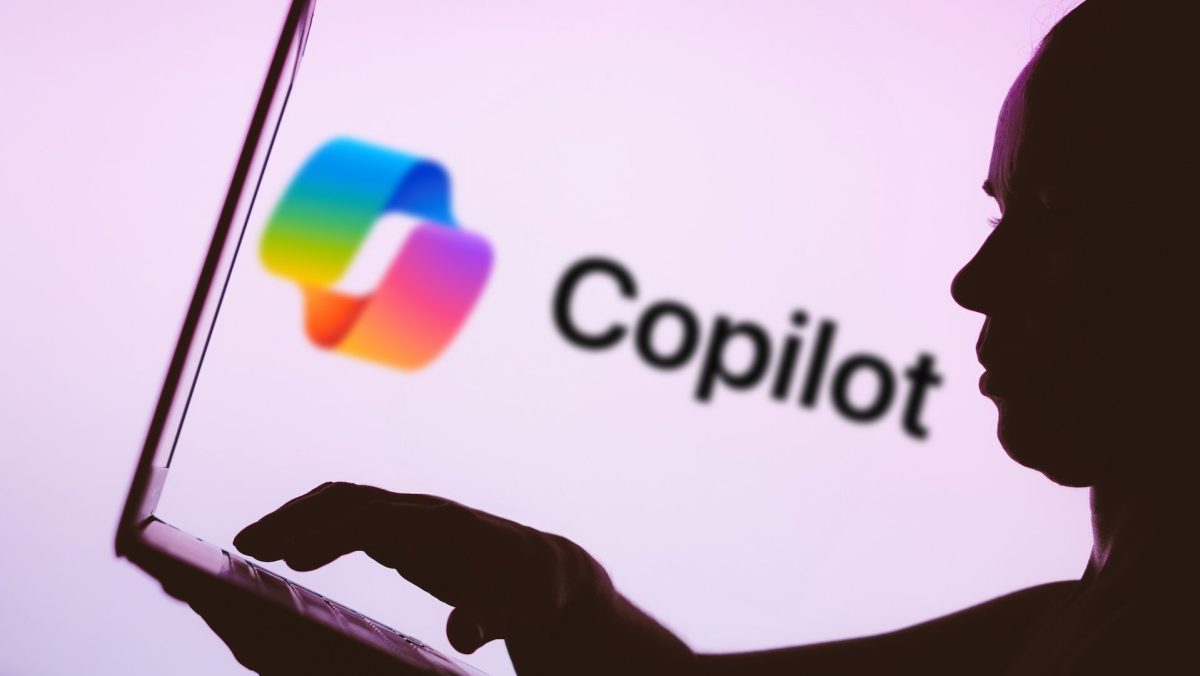I remember a time when I thought taking breaks was just a waste of time. In fact, I prided myself on powering through my work without stopping. However, after experiencing serious stress-and-burnout-in-the-healthcare-professional&intsrc=APIG_18467" target="_blank" rel="noopener noreferrer">burnout, I stumbled upon some fascinating research that changed my perspective. It turns out, taking breaks isn't just refreshing—it's a secret weapon for increased productivity!
The Science Behind Taking Breaks
Have you ever felt overwhelmed at work? You're not alone. Many of us push through long hours, thinking it will make us more productive. But research tells a different story. In fact, taking regular breaks is crucial for our mental well-being and overall productivity.
Why Breaks Matter
Studies show that regular breaks can actually prevent burnout. When we work for extended periods without stopping, our brains become overloaded. This cognitive overload can lead to decreased productivity. It's like running a car on empty; eventually, it just won't go anymore.
According to research from the University of Illinois, taking breaks can significantly improve our performance. They found that even short breaks can enhance focus and mental clarity. Imagine trying to read a book without ever looking away. It would be tough to absorb any information, right? That's how our brains feel when we don't take breaks.
The Power of Short Breaks
- Research suggests that a mere 5-minute break can significantly improve focus on tasks after 25 minutes of work.
- Taking time away from your desk, even for a few minutes, can refresh your mind.
- These short pauses help you return to your work with renewed energy.
Think about it: when you take a break, you give your brain a chance to recharge. It’s like plugging in your phone when the battery is low. Without that charge, both your phone and your brain will struggle to perform.
Real-Life Implications
Our typical work rhythms often ignore the importance of breaks. Many workplaces encourage a nonstop grind, leading to cognitive overload and stress. But what if we changed that? What if we embraced the idea that taking breaks is essential for consistent productivity?
"Taking breaks is essential for consistent productivity. It's not about working harder, but smarter." - Marissa Mayer
This quote really resonates with me. It emphasizes that working harder isn’t always the answer. Sometimes, stepping back is what we truly need. It’s not just about the hours we put in but the quality of our work.
Conclusion on Breaks
In conclusion, incorporating regular breaks into our workday is not just a luxury; it’s a necessity. It’s important to listen to our bodies and minds. They often signal when it’s time to pause. By doing so, we can enhance our focus, improve our mental clarity, and ultimately boost our productivity.
So, the next time you feel your concentration slipping, consider taking a short break. Your brain will thank you for it.
Personal Anecdotes: Learning the Hard Way
Have you ever felt like you were running on empty? I know I have. In my journey, I’ve often pushed through tasks without taking a moment to breathe. The result? Burnout. It’s a term we hear a lot, but what does it really mean? It’s when you feel completely drained, both mentally and physically. It’s like trying to drive a car on an empty tank. You just can’t go any further.
My Experience with Burnout
When I was caught up in the hustle, I thought I was being productive. I’d work late into the night, skipping meals, and ignoring my body’s signals. But eventually, my energy ran out. I felt foggy, unmotivated, and even a bit hopeless. It was a tough lesson to learn.
- Pushing through tasks led to burnout. I thought I could handle it all.
- Ignoring breaks only made things worse. I was stuck in a cycle of fatigue.
It became clear that this wasn’t sustainable. I needed to change my approach. But how? The answer was surprisingly simple: I started taking breaks. Yes, breaks! At first, it felt counterproductive. How could stepping away from my work help me get more done? But I was willing to give it a try.
The Power of Breaks
After integrating short breaks into my routine, I noticed a significant change. My creativity blossomed. Ideas flowed more freely, and I felt lighter. My mood improved, too. I was no longer dragging myself through tasks. Instead, I was excited to tackle my work.
- Creativity soared. I found new solutions to old problems.
- Mood lifted. I enjoyed my work again.
It’s funny how a little pause can make such a big difference. Think of it like watering a plant. If you keep pouring water without letting the soil breathe, it becomes soggy and unhealthy. But, if you give it some time to dry out and breathe, it thrives. The same goes for us. We need to recharge.
Recognizing Burnout
It’s crucial to recognize the symptoms of burnout. Sometimes, we ignore the signs. We think we can push through. But that’s a dangerous mindset. Here are some signs to watch for:
- Feeling tired all the time
- Loss of interest in work
- Difficulty concentrating
- Increased irritability
By being aware of these symptoms, we can take action before it’s too late. I wish I had recognized them sooner. It might have saved me from that overwhelming feeling of burnout.
My Realizations
My realizations about work, stress, and the power of letting go have reshaped my work ethic. I now understand that productivity isn’t just about grinding away at tasks. It’s about working smart, not just hard. Taking breaks isn’t a sign of weakness; it’s a strategy for success.
In sharing my story, I hope to inspire others. Let’s reconsider our work habits together. We all deserve to thrive, not just survive. Remember, it’s okay to step back and recharge. Your mind and body will thank you.
Strategies for Effective Breaks
Taking breaks is crucial for our productivity. But how do we make those breaks effective? I’ve found that using certain strategies can transform a simple pause into a refreshing reset. Let’s explore a couple of methods that can help us maximize our break time.
1. The Pomodoro Technique
Have you heard of the Pomodoro Technique? It’s a time management method that encourages us to work in short bursts, followed by structured breaks. Here’s how it works:
- Choose a task you want to work on.
- Set a timer for 25 minutes and focus solely on that task.
- When the timer goes off, take a 5-minute break.
- After four Pomodoros, take a longer break of 15-30 minutes.
This technique is great because it gives us a clear structure. We know when to work and when to take a break. And the breaks? They don’t have to be long. Just a few minutes can be enough to recharge our minds.
2. Mindfulness During Breaks
Another effective strategy is to incorporate mindfulness into our breaks. Mindfulness means being present in the moment. It can help us relax and clear our minds. When we take a break, instead of scrolling through our phones or worrying about what’s next, we can focus on our breathing or the sounds around us.
As Dr. Jon Kabat-Zinn said,
“Mindfulness during breaks can recharge your cognitive resources and enhance overall productivity.”This is so true! When we practice mindfulness, we allow our brains to reset. It’s like hitting the refresh button on our mental browser.
Finding What Works for You
Everyone is different. What works for one person might not work for another. The key is to experiment with different types of breaks. Here are some ideas:
- Take a short walk outside.
- Do some light stretching or yoga.
- Practice deep breathing exercises.
- Listen to calming music.
Try these methods and see which ones help you feel more focused and energized. Remember, breaks don’t have to be long. Just a few minutes can make a big difference.
Conclusion
Incorporating structured breaks and mindfulness into our routines can significantly enhance our productivity. By applying these techniques, we can find the break methods that work best for us. So, let’s take those breaks seriously!
The Risk of Ignoring Breaks
We live in a fast-paced world where the hustle and grind are often glorified. Many of us feel the pressure to keep pushing through, even when our bodies are signaling for a break. But what happens when we ignore those signals? The risks can be significant.
Understanding the Consequences
Chronic stress is more than just a buzzword. It can lead to long-term health issues. Think about it: when we don’t take breaks, we’re not just working harder; we’re also inviting stress into our lives. This stress can manifest in various ways, from headaches to digestive problems. The body is not designed to run on overdrive indefinitely.
Moreover, ignoring signs of fatigue can have detrimental effects on performance. Have you ever tried to work through exhaustion? It often leads to mistakes and decreased productivity. We might think we’re being efficient, but in reality, we’re just prolonging the inevitable crash.
Why Breaks Matter
Taking breaks isn’t just a luxury; it’s a necessity. When we pause, we allow our minds to reset. This can lead to improved focus and creativity. Just like a phone needs to recharge, so do we. A simple walk, a few minutes of stretching, or even a quick chat with a colleague can work wonders.
Employers play a crucial role in this. They should encourage a break culture. This means creating an environment where taking time off is not only accepted but celebrated. When companies prioritize their employees' well-being, the benefits are clear: healthier employees, better morale, and increased productivity.
Acknowledging Your Body's Signals
Listening to our bodies is essential for wellness. It’s easy to brush off fatigue as just part of the job. But what if we took a moment to acknowledge it? Recognizing when we need a break can be a game changer. It’s about being proactive rather than reactive.
For instance, if you find yourself yawning during a meeting or struggling to concentrate, it might be time to step away for a moment. A short break can clear your mind and boost your energy levels. Remember, it’s not about working harder; it’s about working smarter.
The Bigger Picture
Many workers face the side effects of neglecting breaks. This leads to decreased motivation and productivity. We’re all in this together. By fostering a culture that values breaks, we can create a healthier work environment. It’s about balance. It’s about recognizing that our well-being is just as important as our output.
In conclusion, ignoring breaks can lead to serious consequences. Chronic stress and fatigue are not just personal issues; they affect entire teams and organizations. By encouraging a break culture and listening to our bodies, we can improve not only our health but also our performance. Let’s prioritize our well-being and make breaks a fundamental part of our work lives. After all, we deserve it.
TL;DR: Incorporating regular breaks into your routine can significantly boost creativity, reduce stress, and improve overall productivity, contrary to the popular belief that constant work is more effective.



